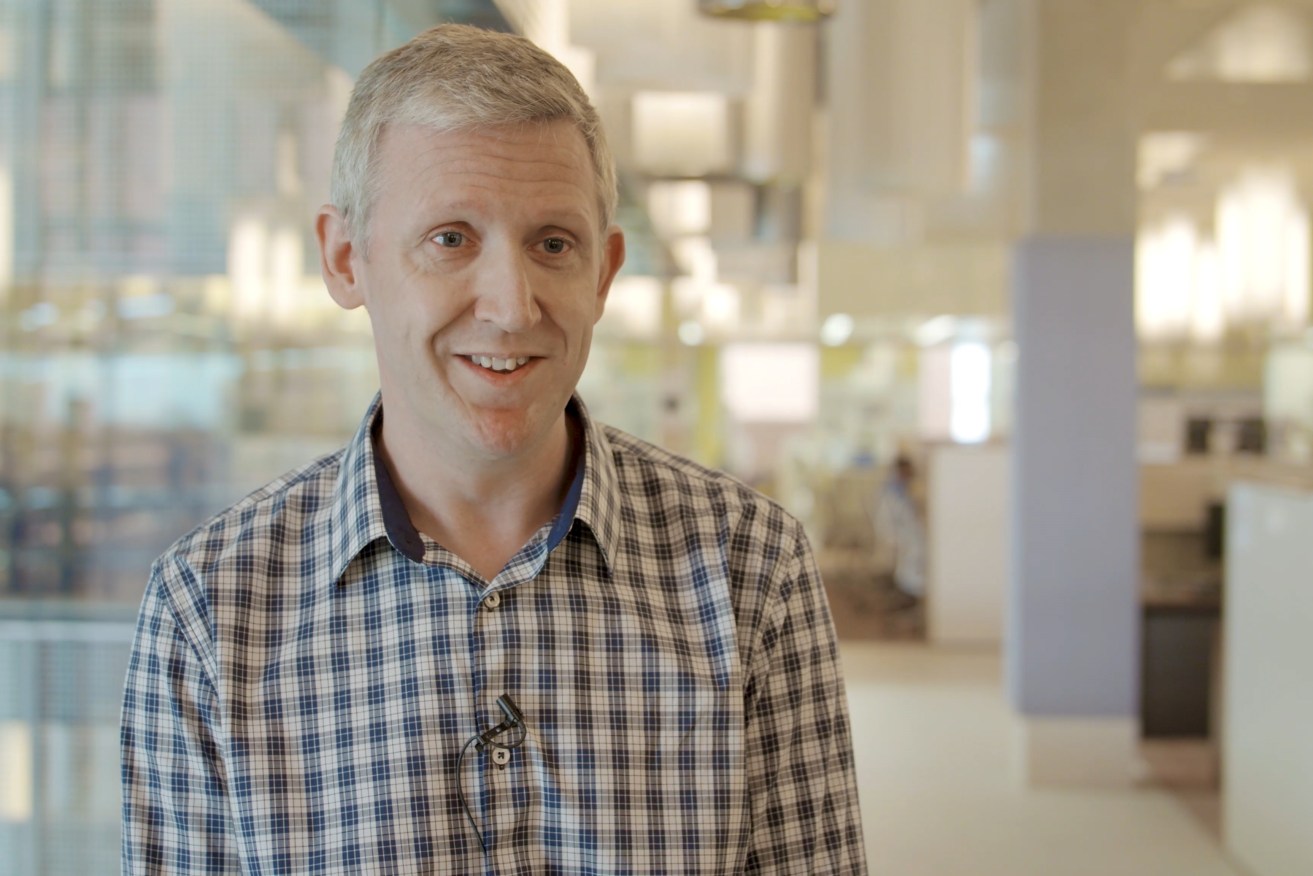Queensland researchers may have cracked the skin cancer code, but need backing
Researchers are calling for funding to help an anti-cancer drug developed in Queensland get to clinical trials.

University of Queensland's Frazer Institute associate professor James Wells. Image: Supplied
The drug is aimed at transplant patients who have a far greater risk of developing skin cancer because they have to use an immune-suppressant drug, tacrolimus, which has a side-effect of increasing the incidence of cancer.
The University of Queensland’s Frazer Institute associate professor James Wells said the novel drug was discovered and developed in partnership with UniQuest’s Queensland Emory Drug Discovery Initiative.
UniQuest, which is the commercialisation arm of UQ, said potential partners and investors were needed to help progress the drug through preclinical development and then into the clinic.
It is looking to raise between $7 million and $10 million to get to a first clinical readout.
The funds were considered vital in assisting with preclinical development, manufacture and a phase one clinical trial.
When used in animals, the treatment has been shown to reactivate the immune system and reduce skin cancer growth.
Wells said the drug, Q-2361, could be applied topically on the skin to help “rescue” cancer-killing cells affected by tacrolimus and stop the development
of skin cancers.
He said the drug was also effective in helping restore the function of immune cells in the skin affected by other immune-suppressant drugs, sirolimus and everolimus.
“Topically applied, it has great potential for reactivating T-cells and represents a promising strategy to prevent or treat skin cancers in immune-suppressed organ transplant recipients without leading to transplant rejection,” he said.
Sunshine Coast man Gerry Hilder, 67, said he had between 20 and 30 skin cancers removed from his body since his kidney transplant in 1996 and said a treatment like Q-2361 “would be brilliant”.
“For someone who is younger than me, especially for women, it’s pretty hard to have skin cancers surgically removed and burnt off, so anything that would provide some relief from this quite nasty side-effect would be really fantastic.”












